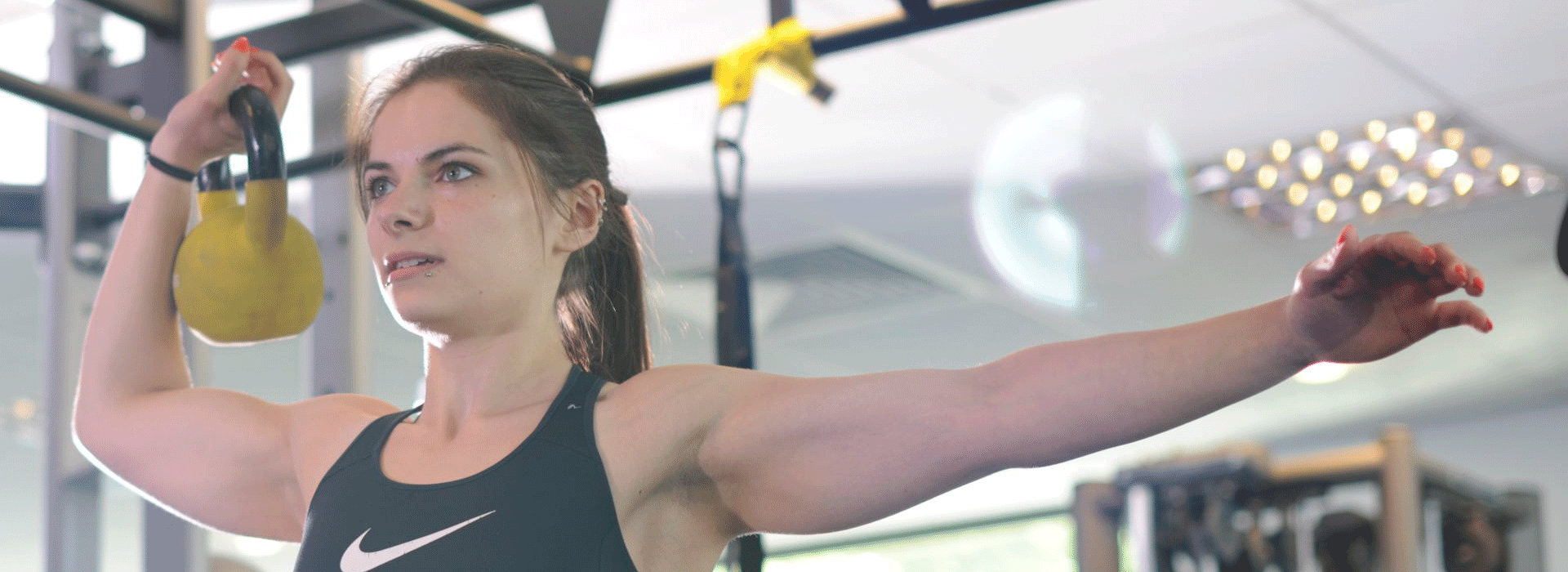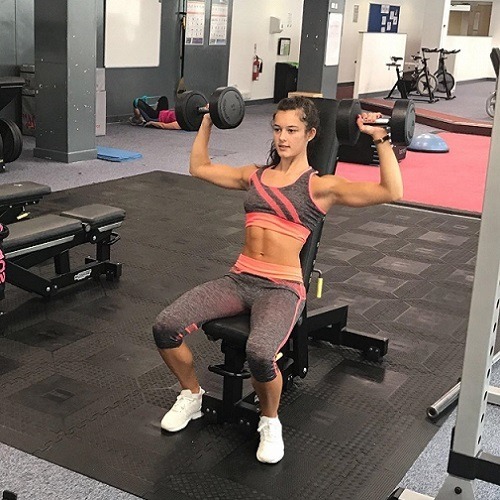Key Facts
-
Starting
7 Sep 2026- Location
- Kingston Hall Road Centre
- Duration
- 1 Year
- Study Mode
- Full Time
- Start Date
- Sep 2026
- Level
- Level 4
- Code
- KSS4002HD
Fees
- Fees
- £ 6,000

Pearson BTEC Level 4 HNC Sport and Exercise Science
The Sport and Exercise industry is a dynamic and fast-growing industry within the UK with a vast amount of employment opportunities available. A Pearson BTEC Level 4 HNC in Sport and Exercise Science is a logical step towards a position within the industry and a chance to top up onto a BSc in Sport Science at a local university. This suits learners who want a cheaper alternative to university, with dedicated small class sizes and one-to-one support while working towards a degree.
-
Entry Requirements
Relevant work experience or BTEC Level 3 in Sport or Sport and Exercise Science, grade MP or above, or two A levels at grade C or above. GCSEs at grade A*-C/9-4 including English Language and Mathematics. -
Course Content
The Level 4 Higher National Certificate in Sport & Exercise Science offers students an introduction to the subject area via a mandatory core of learning, while allowing for the acquisition of skills and experience through the selection of optional units across a range of occupational sectors at Level 4. This effectively builds underpinning core skills while preparing the student for subject specialisation at Level 5. Students will gain a wide range of sector knowledge tied to practical skills gained in research, self-study, directed study and workplace scenarios. -
Progression Next Steps
To prepare you for employment you will also study First Aid at Work and a UKCC Coaching qualification. Students who successfully complete the HNC may wish to progress to a Higher National Diploma in Sport and Exercise Science, an undergraduate degree or employment in Personal Training, Life Coaching, or the Nutrition or Education industries. Previous students have progressed to St Mary's to study a BSc in Sport and Exercise Science. -
Additional Information
The teaching days planned for this course is every Wednesday and Friday. -
International Students
Suitable applicants requiring a Tier 4 Visa will be contacted by our International and Compliance Officer, who will guide you through the process. These are the courses available for Tier 4 students.
-
Teaching and Learning
Teaching You are taught through a combination of lectures, seminars and practicals. Seminars enable you to discuss and develop your understanding of topics covered in lectures in smaller groups of students. In addition, you have timetabled meetings with your personal tutor. You will use industry-standard facilities and have access to computer labs and library resources throughout your course.
Independent learning
When not attending lectures, seminars and other timetabled sessions you will be expected to continue learning independently through self-study. Typically, this will involve reading, working on individual and group projects, undertaking research in the library, preparing coursework assignments and presentations, and preparing for examinations. Your independent learning is supported by a range of excellent facilities, including the library, the Undergraduate Centre, and our computer laboratories.
Overall workload
Your overall workload consists of class contact hours, independent learning, and assessment activity, with each credit taken equating to a total study time of around 10 hours. Your actual contact hours may depend on the optional modules you select.
Academic support
Our Academic Support Team provides help in the following areas:
- study skills (including reading, note-taking and presentation skills)
- written English (including punctuation and grammatical accuracy)
- academic writing (including how to reference)
- research skills (in conjunction with the library)
- critical thinking and understanding arguments
- revision, assessment and examination skills (including time management).
Our Student Support Services help students with additional needs resulting from disabilities such as sensory impairment or learning difficulties such as dyslexia. Visit their pages for more information.
Teaching staff
You will be taught by an experienced teaching team whose expertise and knowledge are closely matched to the content of the modules on the course. The team includes senior academics, professional practitioners with industry experience, athletes and personal trainers.
Course costs and financial support
Careers and progression
-
Module Information
Students will study the following Level X units/modules:-
- Nutrition (Core, 15 credits): This unit aims to equip the student with the knowledge, skills and competencies to understand the nutritional composition of food and the effects of nutritional choices on the health of a person. Students will gain knowledge of the importance of eating a balanced diet and the dangers associated with the consumption of a poor diet.
- Fundamentals of Sport & Exercise Psychology (Core, 15 credits): The aims of this unit are to illustrate how psychological concepts underpin involvement in sport and exercise and to demonstrate their impact on human behaviour. Students will explore the innate characteristics which are seen as the basis for sport and exercise behaviour. Students will also develop an appreciation of how the social environment within which sport and exercise takes place influences the outcome of their participation.
- Anatomy & Physiology (Core, 15 credits): This unit is designed for students wanting to gain knowledge of the anatomy of the musculoskeletal system and understanding how movement is produced. Students interested in careers such as personal training, physical education teaching, occupational therapy, coaching, exercise prescription and performance analysis would find this a key unit in informing their practice.
- Professional Skills (Core, 15 credits): The aim of this unit is to develop students’ knowledge and understanding of the skills and techniques necessary to carry out Sport and Exercise Science-related research. Research in Sport and Exercise Science has global significance and is essential in influencing the development of high-quality participation and performance and, fundamentally, promoting the health and wellbeing of individuals all over the world.
- Training, Fitness, Testing (Optional, 15 credits): Understanding the principles of training is particularly important for many practitioners, including sports therapists working with sports performers in the later stages of rehabilitation, and sport and exercise scientists working with performers trying to peak for competition.
- Physical Activity, Lifestyle and Health (Optional, 15 credits): Within this unit, students will explore the relationship between lifestyle, health and wellbeing and will investigate current physical activity guidelines and reasons for physical inactivity in different target groups. Students will also explore behaviour change strategies that can be used to help individuals develop a healthier lifestyle.
- Technology in Sport (Optional, 15 credits): The aim of this unit is to provide students with the knowledge and understanding of the impact technology has on sport and the ways in which it supports the athletes’ performance developments. Students will engage in researching the impact of technological equipment, facility development, performance-enhancing tools and testing equipment used within sports.
- Biomechanics (Core Unit)





